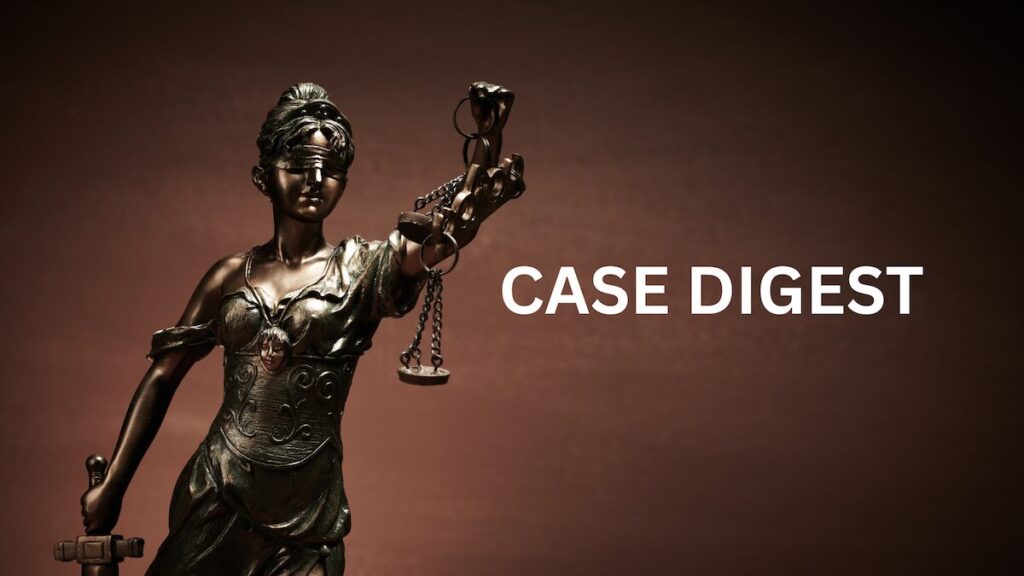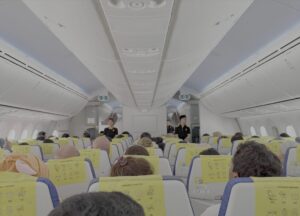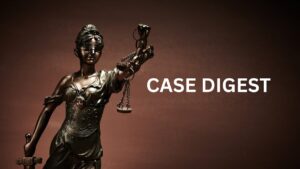Case Title
Ient and Schulze v. Tullett Prebon
G.R. No. & Date
G.R. No. 189158, January 11, 2017
Facts
Petitioner Lent, a British national and CFO of Tradition Asia, and Schulze, a Filipino/German working for Tradition London, were involved in establishing a Philippine subsidiary for the Tradition Group, a competitor of Tullett in the inter-dealer broking industry. In October 2008, Tullett filed a Complaint-Affidavit alleging that former Tullett executives Jaime Villalon and Mercedes Chuidian used their positions to orchestrate the mass resignation of Tullett’s brokering staff to join Tradition Philippines. A key meeting allegedly took place on August 25, 2008, at Howzat Bar in Makati, where petitioners and a lawyer from Tradition Philippines were present to induce brokers to sign employment contracts. Tullett accused Villalon and Chuidian of violating Sections 31 and 34 of the Corporation Code, and claimed that Lent and Schulze conspired with them in their disloyal acts. Villalon and Chuidian later filed their respective Counter-Affidavits.
DOJ Response and Subsequent Proceedings:
The Acting City Prosecutor of Makati dismissed the criminal complaints, citing that the acts involved possible civil, not criminal, liability. Tullett appealed to the Secretary of Justice, who reversed the dismissal and filed charges against Villalon, Chuidian, Harvey, Schulze, and Ient. The Court of Appeals affirmed this decision on August 12, 2009, highlighting the breach of fiduciary duty by corporate directors. Petitioners later brought the case to the Supreme Court, contesting the application of Section 144 and the sufficiency of evidence for conspiracy
Codal Provisions
Corporation Code of the Philippines (Batas Pambansa Blg. 68):
- Section 31 – Powers of directors and trustees
- Section 34 – Duties and liabilities of corporate officers
- Section 144 – Penalty for non-compliance with corporate governance requirements
Issue
Can Sections 31 and 34 of the Corporation Code be punished criminally under Section 144 of the Corporation Code?
Ruling
No. The Supreme Court ruled that Sections 31 and 34 of the Corporation Code do not impose criminal liability. These provisions only establish civil liability for damages and restitution. Section 144 applies only when the violation has no specific penalty and the act is inherently criminal or affects public interest. The alleged breaches by the petitioners were not crimes but were civil in nature and thus not punishable under Section 144.
Doctrine
Section 144 of the Corporation Code applies only to violations that are not otherwise specifically penalized and are inherently criminal or against public policy. Sections 31 and 34 concern fiduciary responsibilities and self-dealing, which are civil in nature. They do not carry criminal penalties and cannot be the basis for criminal prosecution under Section 144.





